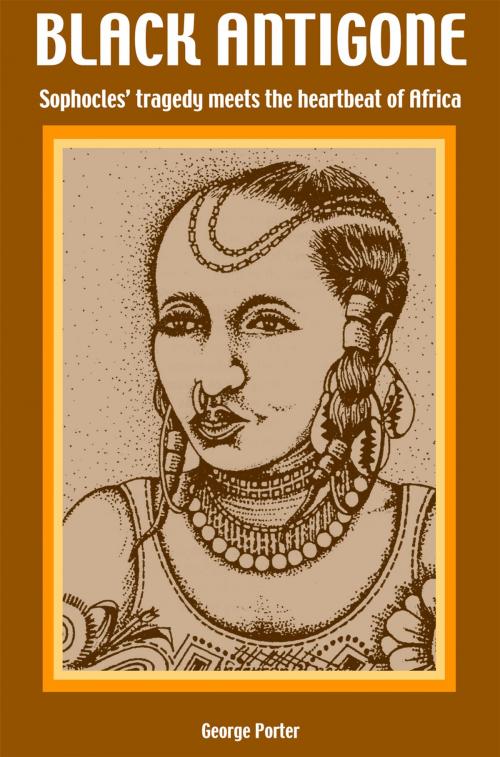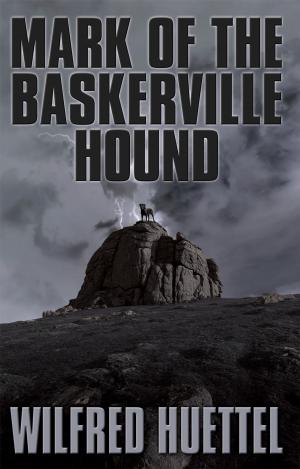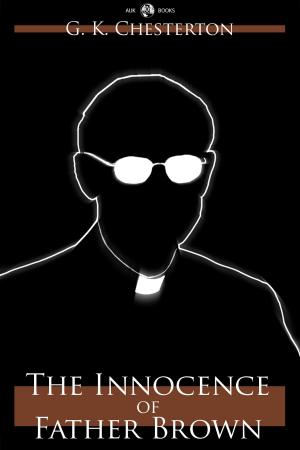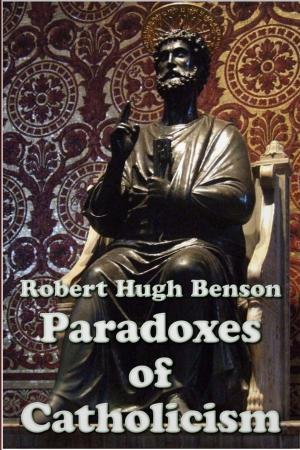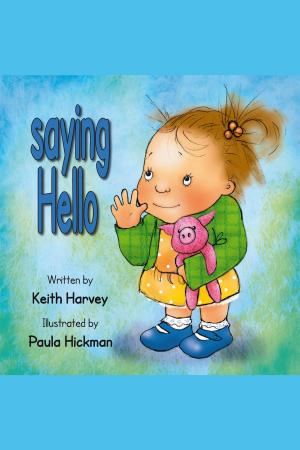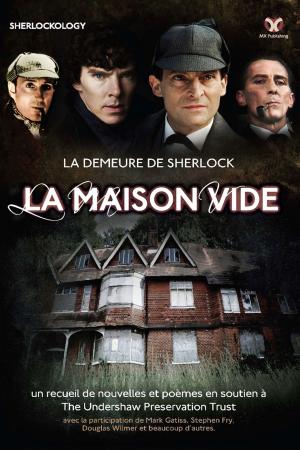Black Antigone
Sophocles’ Tragedy Meets the Heartbeat of Africa
Nonfiction, Entertainment, Drama, Greek & Roman, Fiction & Literature, Theatre| Author: | George Porter | ISBN: | 9781909183070 |
| Publisher: | Andrews UK | Publication: | October 23, 2012 |
| Imprint: | Chaplin Books | Language: | English |
| Author: | George Porter |
| ISBN: | 9781909183070 |
| Publisher: | Andrews UK |
| Publication: | October 23, 2012 |
| Imprint: | Chaplin Books |
| Language: | English |
Black Antigone is a fresh and provocative interpretation of Sophocles’ tragedy, based on the belief that the potent rhythms of the African people were much more a part of ancient Greece than has ever been suggested - especially by the Victorian classics professors on whose translations of Antigone many generations have relied. In Black Antigone, these African ‘roots’ are most evident in the controversial treatment of the Chorus, which beats with the rhythmic heart of Africa, reminding us not only that this was supposed to be a Dionysian revel, but that it was Africa that gave us the rhythms of reggae, rhythm-and-blues, and rock. Literary critic Terry Eagleton has described Black Antigone as “remarkably inventive” and Ruth Little of the Young Vic Theatre Company called it “rigorous and muscular”. In addition to the play itself, Black Antigone includes a critical introduction and a bibliography.
Black Antigone is a fresh and provocative interpretation of Sophocles’ tragedy, based on the belief that the potent rhythms of the African people were much more a part of ancient Greece than has ever been suggested - especially by the Victorian classics professors on whose translations of Antigone many generations have relied. In Black Antigone, these African ‘roots’ are most evident in the controversial treatment of the Chorus, which beats with the rhythmic heart of Africa, reminding us not only that this was supposed to be a Dionysian revel, but that it was Africa that gave us the rhythms of reggae, rhythm-and-blues, and rock. Literary critic Terry Eagleton has described Black Antigone as “remarkably inventive” and Ruth Little of the Young Vic Theatre Company called it “rigorous and muscular”. In addition to the play itself, Black Antigone includes a critical introduction and a bibliography.
